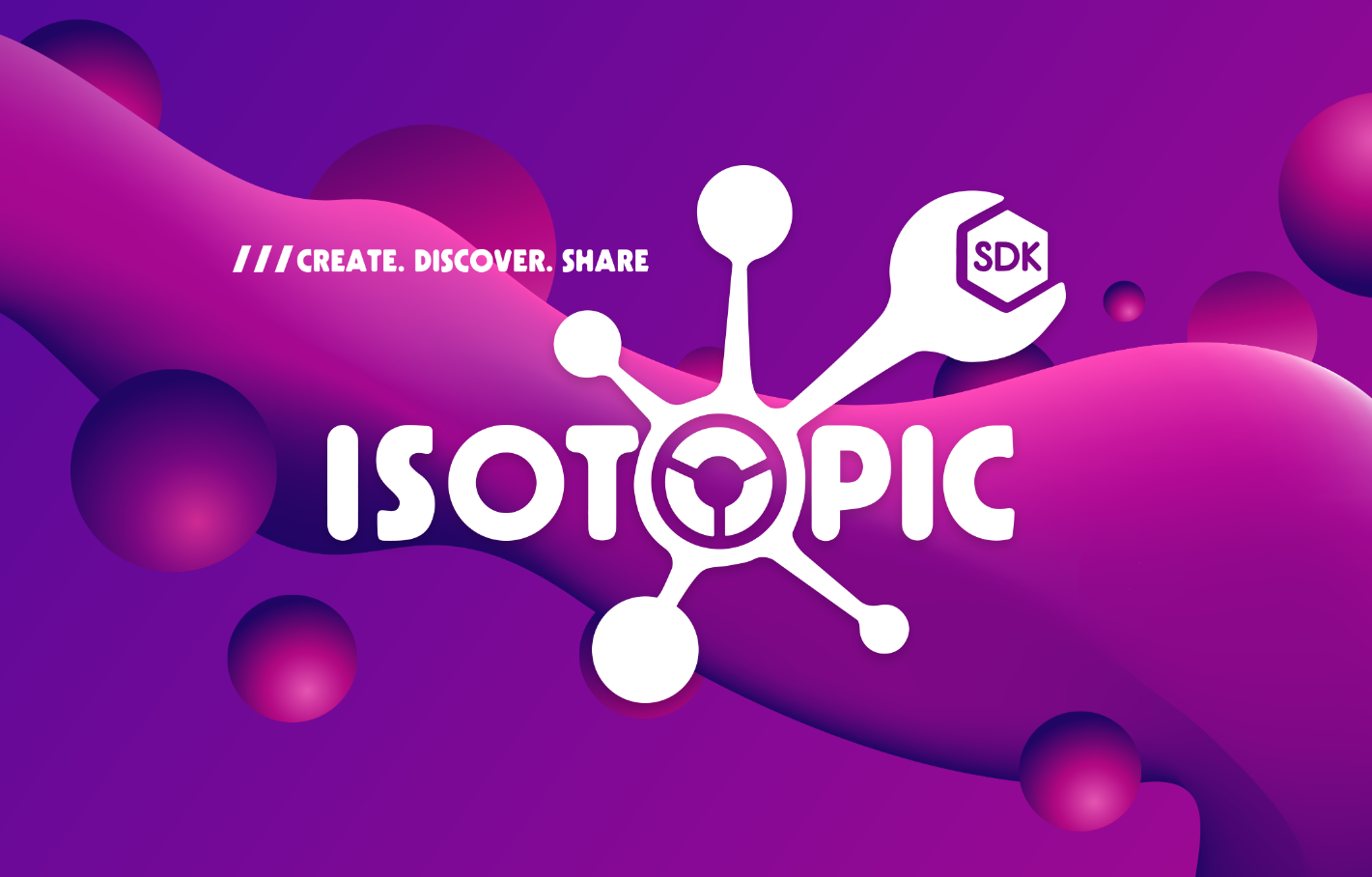
Blockchain-based Game Distribution Platforms: The Future of Gaming Industry
Game distribution platforms, such as Steam, Epic Games Store, and Google Play, work by providing a centralized location for developers to publish their games and make them available for purchase or download by users. These platforms take care of the technical aspects of distribution, such as hosting the games, handling payments, and providing customer support. In return, they typically take a percentage of the revenue generated by the games on their platform. These platforms can offer a number of benefits for developers, such as increased visibility and reach, as well as access to a large and established user base. Additionally, they can provide tools and support for developers to optimize their games for distribution, such as analytics and optimization advice.
For players, game distribution platforms offer a convenient way to discover new games and purchase them in one location. They also often include features such as reviews, curation, and social interaction to help players make informed purchase decisions and connect with other players.
Traditional game distribution platforms have played a vital role in the gaming industry for many years. However, with the rise of blockchain technology and changing consumer expectations, these platforms seem to have stayed behind. One of the main reasons for this is the lack of transparency and security in traditional game distribution platforms. Transactions on these platforms are often not recorded on the blockchain and can be subject to fraud and piracy, which is a major concern for developers. Additionally, these platforms typically take a large percentage of the revenue generated by the games on their platform, which can make it challenging for developers to make a profit.
The gaming industry is in the midst of a major transformation, as blockchain technology is challenging the status quo and creating new opportunities for innovation.
Traditional vs Blockchain-based approach
The gaming industry is in the midst of a major transformation, as blockchain technology is challenging the status quo and creating new opportunities for innovation. Isotopic, a blockchain-enabled Software Distribution Service, is at the forefront of this change, providing a platform for developers to easily create and publish blockchain games, and for gamers to discover and play them.
While Isotopic shares many similarities with traditional game distribution platforms like Steam, there are also some key differences that set it apart. One of the biggest distinctions is that Isotopic is based on blockchain technology, which allows for a more secure and transparent distribution process. This means that transactions on the platform are recorded on the blockchain, providing greater security and protection for developers and players. Additionally, Isotopic also enables the use of non-fungible tokens (NFTs) in games, which allows for the creation and trading of unique digital assets and adds a new layer of interactivity and engagement to the games.
Additionally, Isotopic’s governance model also sets it apart from Steam. By allowing anyone to become a stakeholder in the platform, Isotopic empowers developers to shape the future of the platform and the broader blockchain gaming community, giving them a sense of ownership and community involvement.
Isotopic’s focus on accessibility and support for developers differentiates it from traditional gaming distribution platforms like Steam and Epic Games, which have dominated the industry for years. The platform’s blockchain-agnostic approach allows developers to integrate blockchain technology into their games if they wish, without being forced to use it, fostering a vibrant ecosystem of blockchain-powered games that is attracting both developers and gamers. With its user-friendly approach, focus on blockchain technology, and support for developers and players, Isotopic is well-positioned to disrupt the gaming industry and establish itself as a dominant player.
Overall, game distribution platforms play a crucial role in connecting developers with audiences and facilitating the distribution of games and apps. By making it easy for developers to reach audiences and generate revenue, they are an essential part of the gaming industry and continue to evolve to offer more features and benefits for developers and players.
Find this and more of our articles on Medium, tell us what you think and share it with friends.
-Isotopic team




